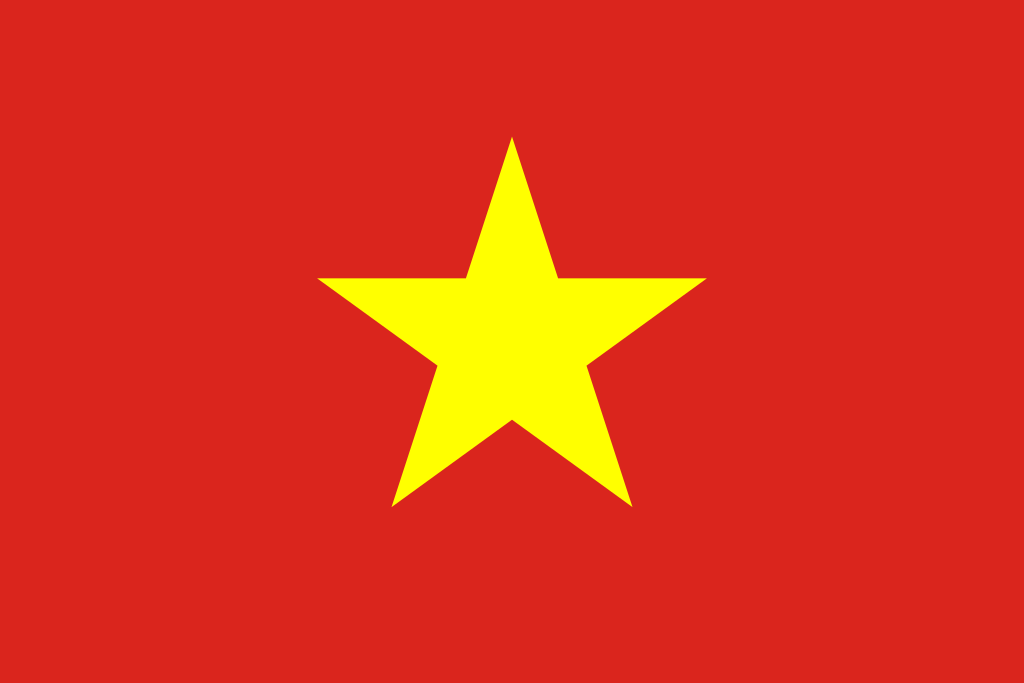U.S. grain farmers are happy about a recent announcement from the Vietnamese government.
Ryan LeGrand, president and CEO of the U.S. Grains Council, says Vietnam has revised its Most Favored Nation tariff rates on imports of corn, wheat and frozen pork.
?Their government has lowered the corn tariffs from 5 percent down to 2 percent, and we are now on par with all of the nations that export corn to Vietnam. That tariff put us at a disadvantage. We were at a disadvantage to Brazil and to Argentina and now we’re not. As long as we’re competitive, and we have been in the last couple of years, we’ve been competitive. We’ve seen that with our increased foreign exports. As long as we?re there, in the money, we?ll get the business, and I think we?ll get more business than we have in the past.?
LeGrand says Vietnamese buyers like the dependability of U.S. corn.
?They like the consistency, they like the reliability. They like to know that when they order a vessel, it’s going to get there on time, and we are the most reliable shipper in the world.?
LeGrand explains it takes a lot of hard work on both sides for something like this to happen.
?It takes fostering relationships, it takes building trust, and trust with the Vietnamese government, trust with our U.S. government partners and FAS. It’s great to have them as a partner working in tandem to help lower these tariffs. So really, you know, it’s about trust and building relationships. And the Vietnam government saw that by lowering this tariff, they can improve access to corn, improve the pricing into their rations, which ultimately helps their producers.?
LeGrand adds their Asian customers prefer face-to-face business, which has been a challenge throughout the COVID-19 pandemic.
?They do, and it’s been difficult during the pandemic because, really, nothing has happened face-to-face. Vietnam has a really low vaccination rate, they have very strict controls, really all of Asia has strict controls on travel in and out of their countries, and you can’t get into many Asian countries without a two-week quarantine. So that face-to-face portion has been very difficult, really impossible. But we have been able to continue the relationships that we had made prior to the pandemic just in a virtual setting. And you just work with what you’ve got. That’s what we’ve all done. In the last two years. You play the hand that was dealt.?
As COVID vaccination rates improve and countries around the world reopen, LeGrand says the Council is gradually getting back out to find more markets for U.S. grains.




